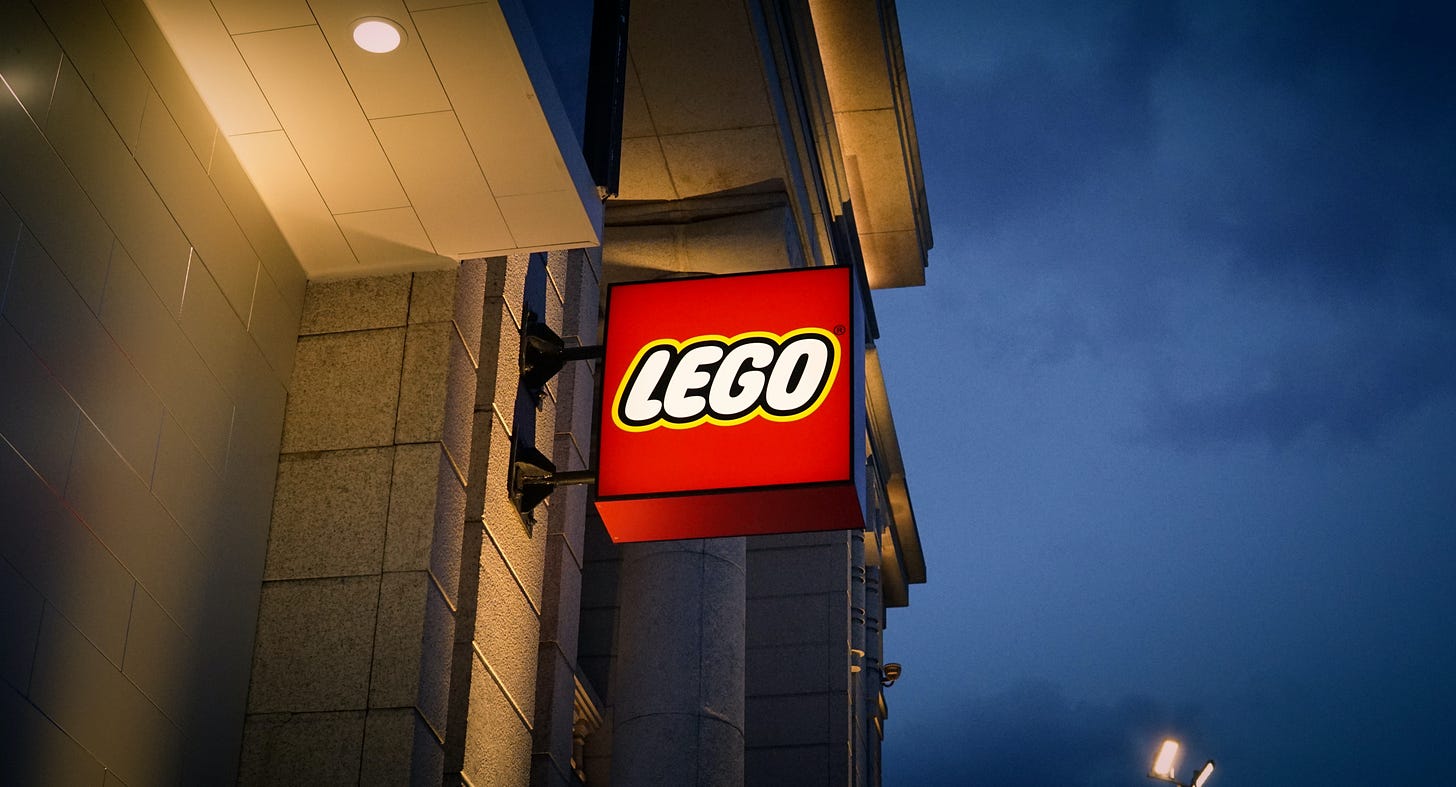LEGO Group to Replace Fossil-Based Materials in Plastic Production
Danish renewable energy firm European Energy is entering into an agreement with Novo Nordisk and the LEGO Group to deliver e-methanol as a lower-carbon alternative to conventional plastic production, replacing some fossil-based plastic with lower-carbon alternatives.
Under this agreement, European Energy will produce methanol from renewable energy and biogenic CO2, commonly referred to as e-methanol, which will in turn be used for plastic production.
With this move, the LEGO Group, which operates two LEGOland theme parks and a number of LEGOland Discovery centres in Asia, will explore the potential of using the e-methanol to make selected elements in its portfolio. LEGO said it expects to develop prototypes in the coming years with a view to commercialisation in the longer term.
While Novo Nordisk has taken a step into the area of substituting fossil-based plastic with lower-carbon sources to be used in medical devices such as insulin pens.
Both companies are looking to invest in technologies that support knowledge sharing and help accelerate progress across the industry.
Nelleke van der Puil, Vice President of Materials at the LEGO Group said: “We are proud to join forces with European Energy and Novo Nordisk to accelerate research and progress in the development of lower-carbon plastics. As part of our commitment to building a sustainable future for children, we have committed to making our products from more sustainable materials.”
“The project will give us the third sustainable material we've developed alongside bio-PE and prototype bricks made from recycled PET. This agreement is an exciting step towards our ambition.
The e-methanol will be produced at European Energy’s e-methanol facilities in Kassø, Aabenraa, Denmark. The production of e-methanol will be based on renewable energy from wind and solar plants as well as biogenic CO2. The first batch is expected to be delivered in 2024.
#sustainability #decarbonisation #biogenicCO2





